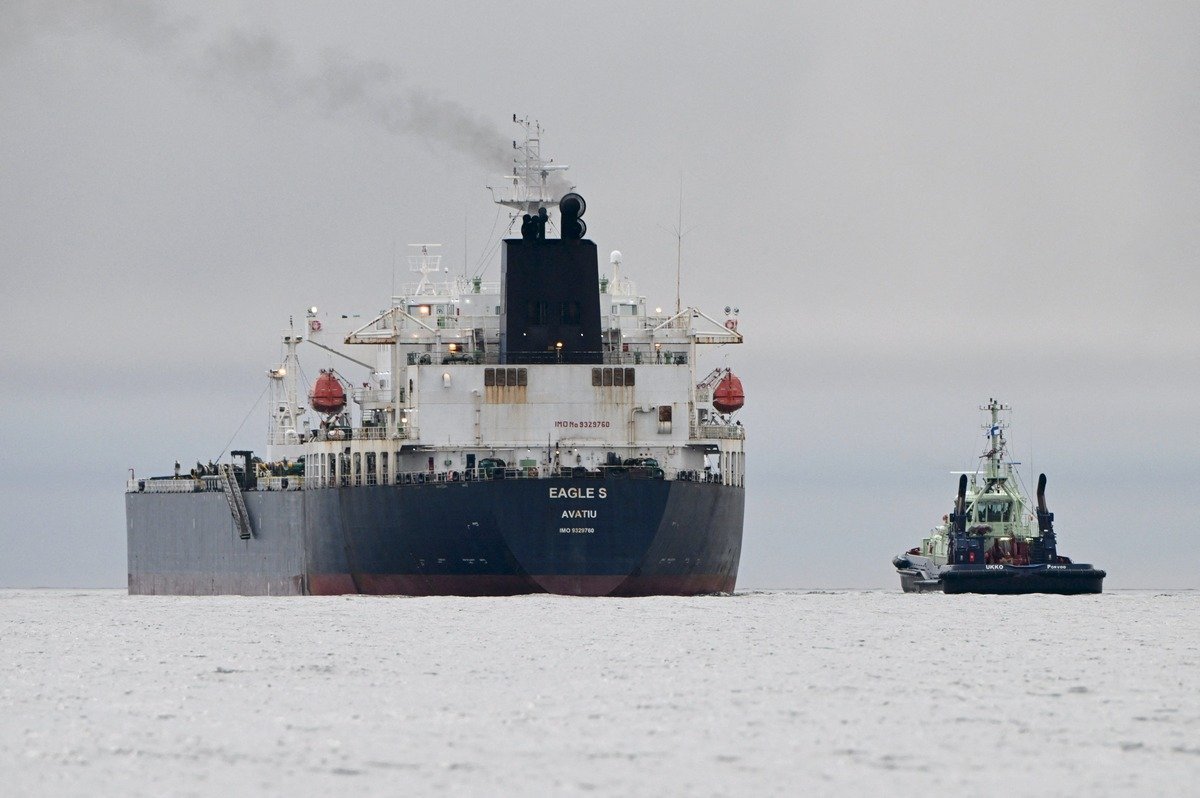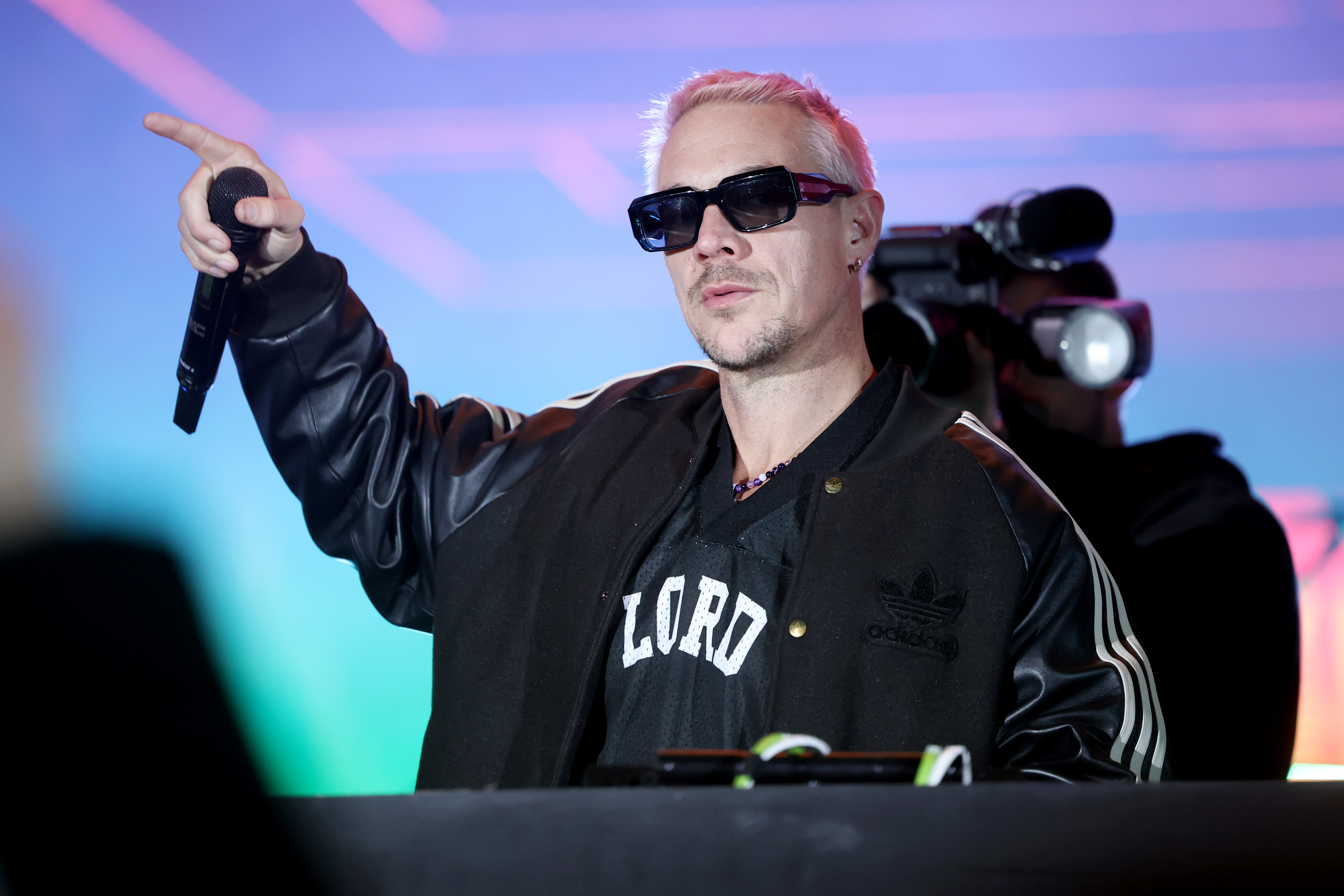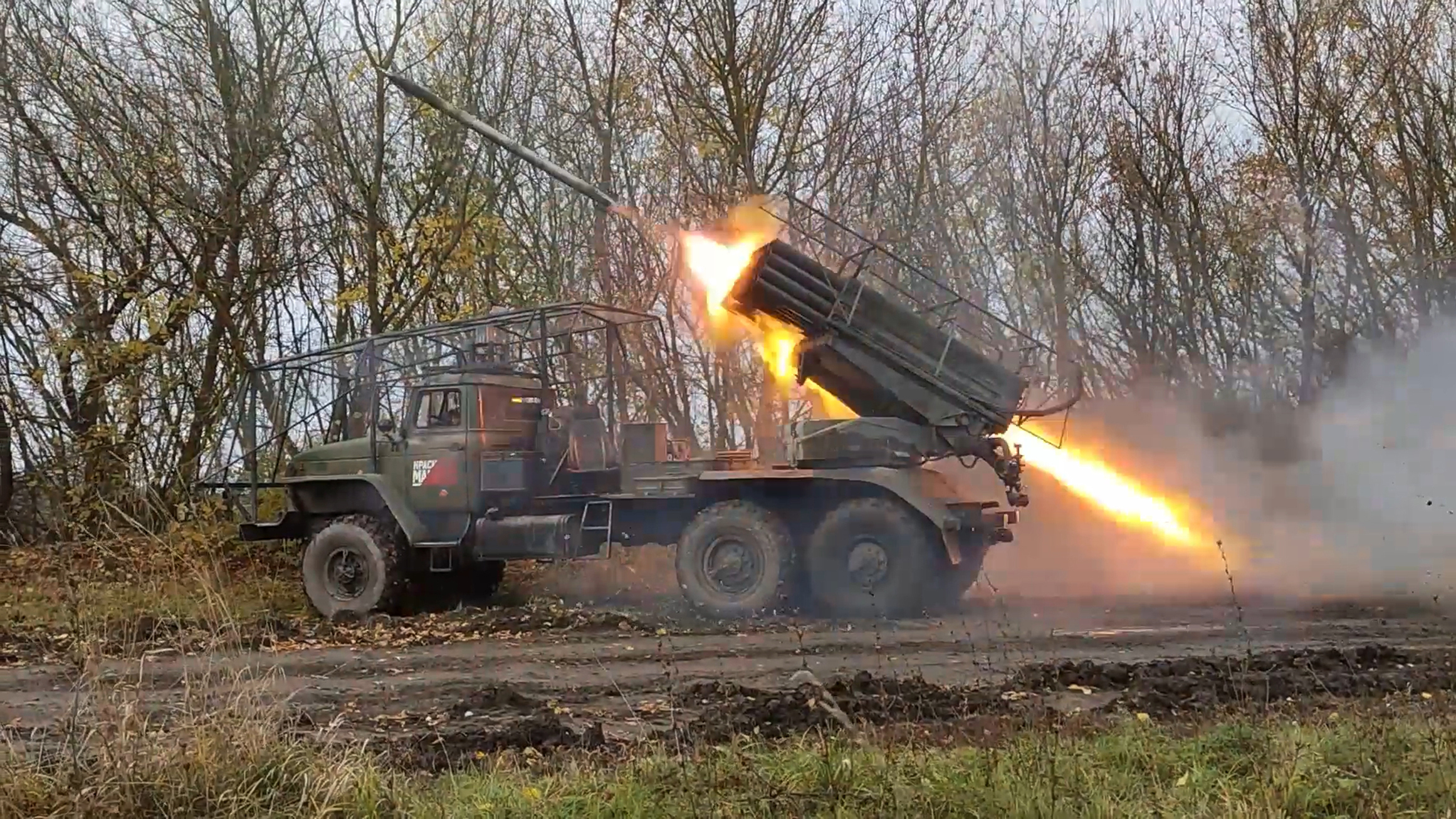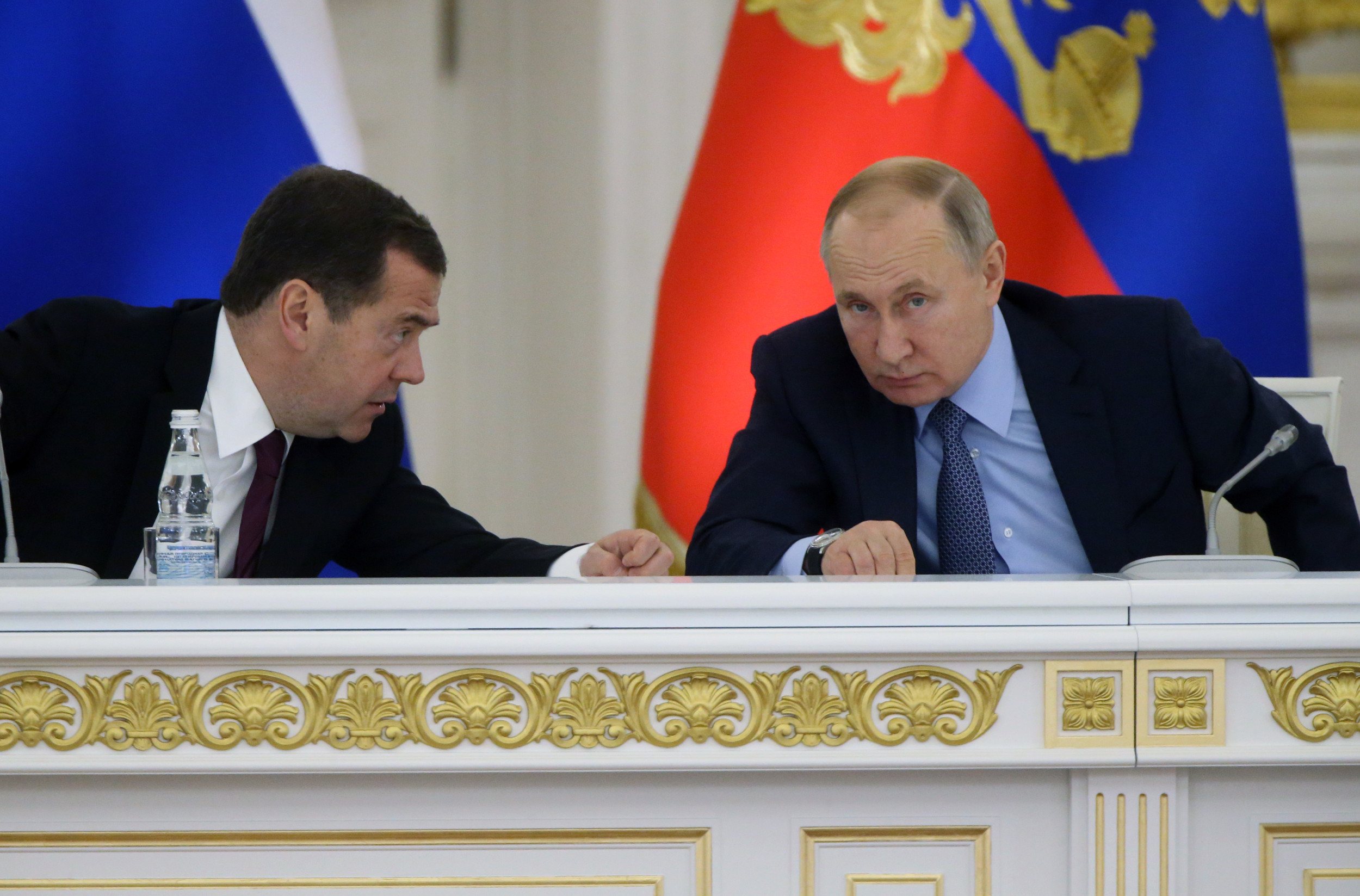NATO countries should look at Russian "hybrid threats on their borders," a key adviser to Ukrainian President Volodymyr Zelensky said on Sunday, as concerns deepen over Russia's suspected hand in attacks on critical alliance infrastructure.
"When we talk about what European countries and NATO states should consider, it is essential to assess the risks of emerging hybrid threats on their borders," Andriy Yermak, Zelensky's chief of staff, said in a post to social media.
Hybrid warfare refers to a range of activities stopping short of open fighting, like cyberattacks, information campaigns or the targeting of vulnerable infrastructure, such as undersea cables.
Why It Matters
NATO countries, particularly those close to Russian territory on the alliance's eastern flank, have been warning about Moscow's skill in hybrid warfare.
Officials have suggested that the Kremlin could attack NATO soil using hybrid warfare tactics, rather than launching a more conventional military attack.

What To Know
"The shadow fleet, responsible for sabotaging cables, may not be the only such threat from Russia," Yermak said on Sunday.
Earlier this week, a power cable and several data cables in the Baltic Sea were disconnected in the latest round of disruptions of critical undersea infrastructure in the area dubbed the "NATO lake." Russia has a significant military presence at its Kaliningrad exclave on the Baltic, but it is surrounded by NATO member states.
When we talk about what European countries and NATO states should consider, it is essential to assess the risks of emerging hybrid threats on their borders.
The shadow fleet, responsible for sabotaging cables, may not be the only such threat from Russia.
Finland's coast guard on Thursday intercepted and boarded the Cook Islands-flagged Eagle S, a vessel believed to be part of Russia's "shadow fleet" of ships intended to skirt oil sanctions leveled against Moscow. The tanker crossed the Estlink 2 power cable at the exact time the disruption was reported on Christmas Day.
The vessel was detained in Finnish waters, Helsinki said on Friday.
In November, two undersea cables in the Baltic Sea were disrupted in quick succession, raising concerns over possible sabotage. A Chinese bulk carrier, the Yi Peng 3, is being investigated in connection with the severing of these cables.
"There are multiple options for Russia to test the cohesion of the alliance," including limited land grabs, the now-former head of NATO's Multinational Corps Northeast based in northwest Poland, Lieutenant General Jürgen-Joachim von Sandrart, told Newsweek just before leaving his post in November.
Russia is adept at this type of warfare, and NATO knows it. In May, the alliance held a meeting dedicated to strategizing how to protect the alliance's critical undersea infrastructure.
James Appathurai, a senior NATO official tasked with tackling hybrid warfare, told Sky News in an article published on Sunday that there was a "real prospect" that Russia could launch some form of unconventional attack against the alliance and cause "substantial" casualties.
What People Are Saying
Andriy Yermak in a statement: "When we talk about what European countries and NATO states should consider, it is essential to assess the risks of emerging hybrid threats on their borders. The shadow fleet, responsible for sabotaging cables, may not be the only such threat from Russia.
"The appearance of soldiers disguised in Russian uniforms, but actually from North Korea or Iranian proxies near NATO borders, is entirely plausible if Russia is not stopped now. North Korean soldiers are already fighting on European soil. Who could have imagined this before?
"Impunity breeds permissiveness. This is the moment that demands strong decisions and decisive action."
The European Commission in a statement: "We strongly condemn any deliberate destruction of Europe's critical infrastructure. The suspected vessel is part of Russia's shadow fleet, which threatens security and the environment, while funding Russia's war budget. We will propose further measures, including sanctions, to target this fleet.
"In response to these incidents, we are strengthening efforts to protect undersea cables, including enhanced information exchange, new detection technologies, as well as in undersea repair capabilities, and international cooperation."
What Happens Next
Mark Rutte, NATO's secretary-general, has said the alliance will "enhance its military presence in the Baltic Sea."




















 English (US) ·
English (US) ·